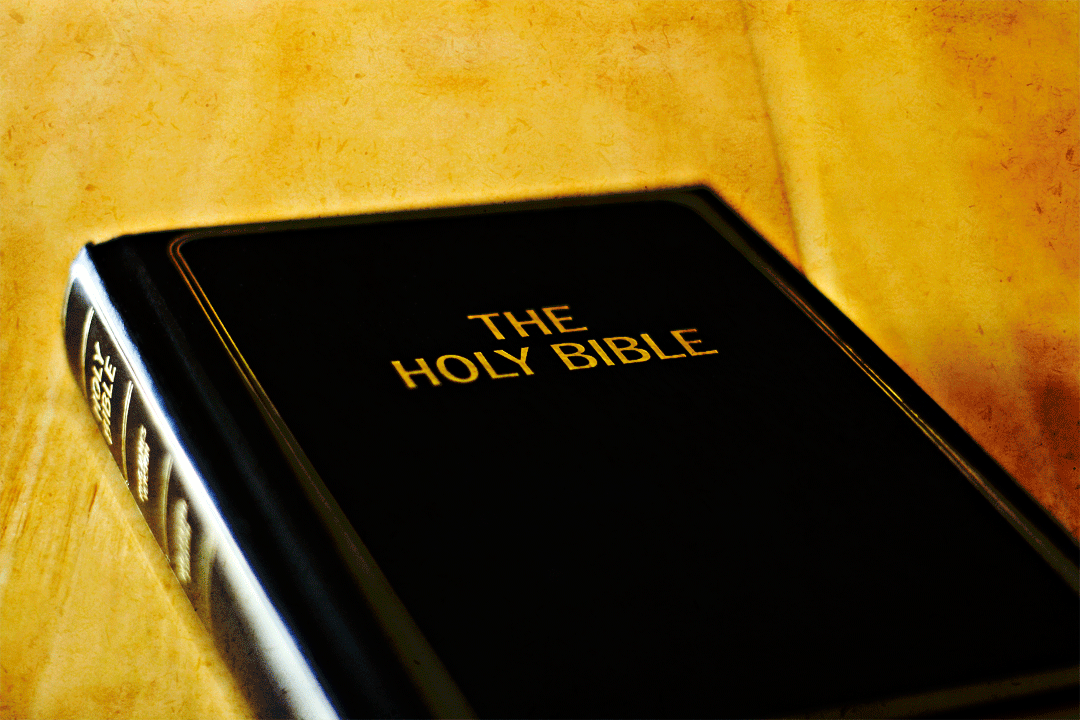
“For a long time I have believed that truth, to be understood, must be lived; that Bible doctrine is wholly ineffective until it has been digested and assimilated by the total life. The essence of my belief is that there is a difference, a vast difference, between fact and truth. Truth in the Scriptures is more than a fact. A fact may be detached, impersonal, cold, and totally disassociated from life. Truth on the other hand, is warm, living, and spiritual. A theological fact may be held in the mind for a lifetime without its having any positive effect upon the moral character, but truth is creative, saving, transforming, and it always changes the one who receives it into a humbler and holier man. At what point, then, does theological fact become for the one that holds it a life-giving truth?—At that point where obedience begins.” ~A. W. Tozer, That Incredible Christian
People talk about truth superseding facts and that facts are only correct if they agree with truth. I have thought for a long time about the synonymity of truth and fact. A fact has to be true and a truth has to be a fact. However, I cannot argue that knowledge (truth or fact) takes on a different character in the mind of the one holding it when it becomes the agent by which that person’s life, actions, or beliefs are altered. According to Tozer, when a person decides to yield in obedience to the knowledge of Scripture, then that knowledge is designated as “truth.” There is certainly a legitimate point to the statement about how theological facts that are merely retained in a person’s mind without ever being allowed to exert any transformative power over the person’s life are impersonal, cold, and dissociated. Information without application is like a vehicle without gasoline—it will take you nowhere. You can house all the doctrine you want, but if it is never more than skin deep, it will be like a deserted library in your soul, abandoned and decaying.
How often have we read something in Scripture and never thought to ourselves, “I wonder if I am truly doing what it says I should do?” Do we ever contemplate if our learning is in vain? Most people are afraid to examine themselves in case they be found wanting in their obedience of faith (2 Cor 13:5). Of course, we would like to think we are doing just fine obeying the will of God by living our lives as best we can and going to church or Bible fellowship and believing what we are supposed to because everyone else seems to. I believe the reason why people are reluctant to honestly question whether they are living the truth by obeying what the Scriptures say, or simply knowing some bits and pieces of Scripture and then picking and choosing which parts they like to affirm obedience to, is because total obedience is quite disagreeable to us as humans. It is an incommodious notion to think that we must surrender every facet of our lives to a higher power. It is contrary to our very nature to be submissive and domesticated. Our flesh wages war against the spirit and we do not want to conform to God’s law (Rom 7:23). We are innate rebels and feel it unnecessary and undesirable to relinquish our prerogative to do what we want.
Oh how tough is it to fully tame the passions of our flesh and our rebellious spirit! No one is immune to the deceitfulness of its devices, to the sin that lurks in its depths. But oh the unspoken power we wield in our hands on the pages of that Book. If we so chose to, we can attain a freedom we never understood was there. If we can but summon the courage to be more than the status quo, to be willing to go farther, to be willing to crucify what we want, we might just find something more desirous that would outweigh the satisfaction of our former life. If we can but see the sunrise over the mountains, we can know that the effort to die and rise anew will find its fulfillment, not in only knowing the truth, but in a transformed life ready to live the truth. May we die to ourselves every day and become humbler and holier servants willing to obey the Lord. ~JW
But prove yourselves doers of the word, and not merely hearers who delude themselves.

